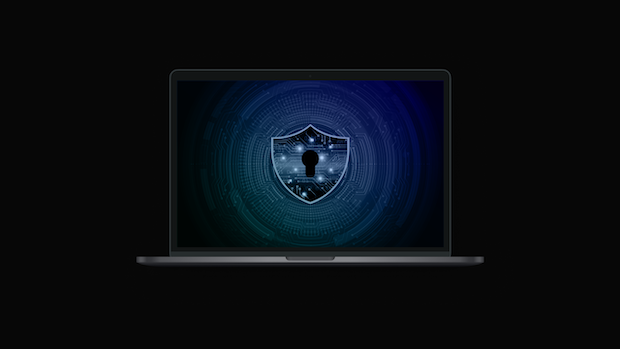Small and medium-sized enterprises (SMEs) often fall victim to the wrath of cybercriminals. Today, they’re at higher risk of massive security breaches, which can result in information leakage, data loss, system disruption, and even bankruptcy.
Learn more
The increased vulnerability of SMEs to online attacks can be largely attributed to their lack of security measures. Surprisingly, only 14% of small businesses implement stringent cybersecurity protocols, which makes them the favorite targets of over 43% of cybercriminals.
That’s why it’s imperative for small and medium-scale e-commerce businesses to put online security at the top of their priority lists. There are multiple techniques and strategies that companies can integrate into their systems to protect themselves from criminal intrusions.

Among the first steps to safeguard the security of your online businesses is to make sure you’re compliant with the Payment Card Industry Data Security Standard (PCI DSS) standards. This comprehensive guideline offers companies frameworks, tools, and resources for building secure environments that protect online transactions.
The PCI DSS encloses at least 12 requirements, detailing fundamental steps to enhance security. This includes integrating firewalls to block unauthorized access, preventing cybercriminals from getting their hands on sensitive data. Since they act as internal barriers, it becomes more difficult for hackers to penetrate the system, reducing the chances of data leakage or data loss. PCI DSS also requires the use of antivirus software among businesses given the added layer of protection it provides in combating unwanted invasions.
Apart from software integration, the PCI DSS proposes hardened measures when it comes to electronic data and payment transactions. It recommends the use of encryption technology to guarantee the protection of cardholders. Doing this ensures that card data travels safely across multiple channels, preventing it from getting into the wrong hands. With the advanced technologies cybercriminals have at their disposal, encryption is now considered a prerequisite.
The PCI DSS also suggests internal practices that could prevent security breaches, such as regular vulnerability testing and scans, documentation of policies, and limited user access among employees. Aside from the requirements of PCI DSS, there are other safety measures that can make online stores free from threats.
It should be noted that one of the main reasons why smaller businesses succumb to cyberattacks is the lack of caution in their internal processes. Thus, the simple strategy of developing customer forms that require only important information relevant to payment and shipping can be quite effective. Businesses reduce the risk of endangering important customer information when they eliminate irrelevant forms and questions in their checkout and registration processes.
Another tactic that can be of great use to online platforms is setting customer restrictions to certain site/app activities, such as limiting the number of purchases customers can make in a day. Doing this can minimize the gravity of any fraudulent activities. Aside from purchases, e-commerce businesses can also set limits on log-in attempts to combat unauthorized access to customer accounts. Some enterprises also integrate a multi-factor authentication system to block suspicious log-ins.
To further strengthen defenses against fraud and other internet crimes, the Address Verification System (AVC) is integrated to prevent suspicious credit card transactions. This aids in authenticating the information entered by customers, particularly their billing addresses.
Aside from the AVC, online businesses can enhance their security by installing Secure Socket Layer (SSL) or Transport Layer Security (TLS). Together with HyperText Transfer Protocol (HTTP), these certificates can heighten the security levels of online storefronts, preventing hackers from infiltrating their networks and accessing sensitive data.
While enhancing security measures can be time consuming and labor intensive, it could very well keep your business from experiencing financial losses, unwanted lawsuits, and other debilitating results that may arise due to cyberhacking.
Learn more



